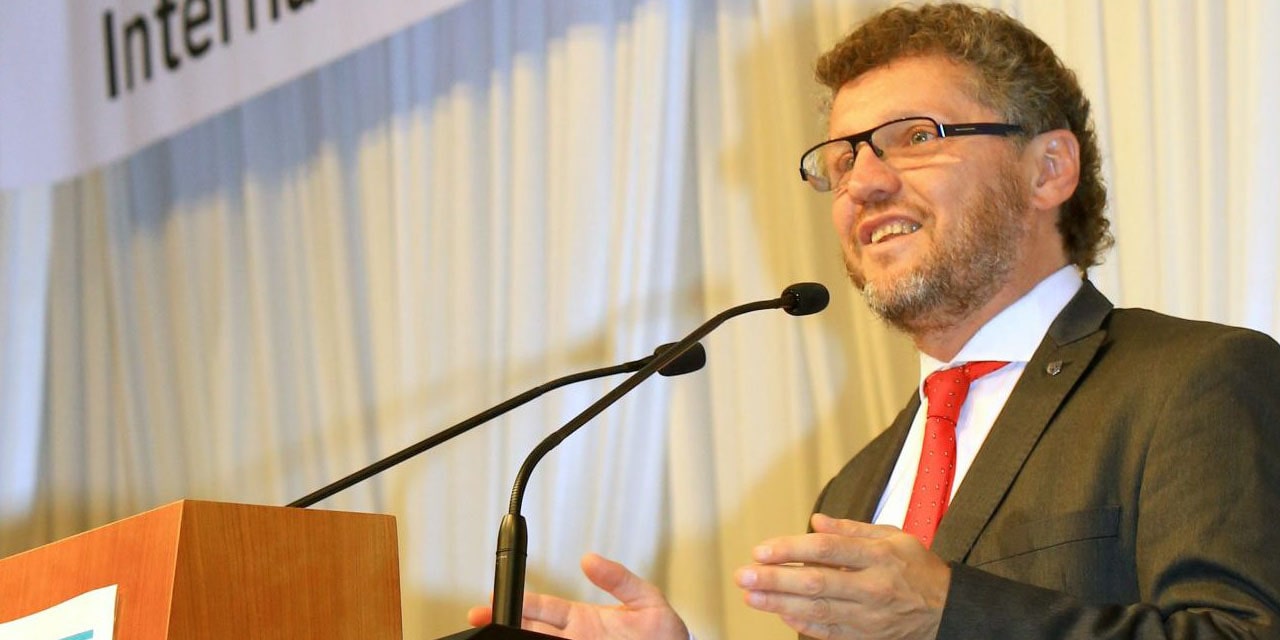Staff Writer
Reparations should not and cannot be dressed up as humanitarian aid, assistance or development cooperation, evading the assumption of due responsibilities.
Notes the Special Rapporteur of the United Nations on the promotion of truth, justice, reparation and guarantees of non-recurrence, Fabián Salvioli, in his report to the United Nations General Assembly in July. Although the agreement between Germany and Namibia includes acknowledgement of the genocide against the Ovaherero and Nama and offers public apologies and development assistance as compensation, it was negotiated without the participation of the affected communities, it notes further.
The Joint Declaration between Namibia and Germany, currently being discussed in the National Assembly, is referenced in the report mentioning the reservation some people in Namibia about the agreement. “In the recent joint declaration by Germany and Namibia, Germany offered 1.1 billion euros, to be disbursed over the next 30 years in the framework of a programme to support development and reconstruction,” notes the report also pointing out that Germany makes no mention of reparations and acknowledges only moral responsibility.
“In their negotiations, the Governments of Germany and Namibia agreed to strict secrecy, with the result that in neither country did civil society have adequate access to information,” the report states further.
The report points out that the duties to provide effective remedies to victims, ensure accountability, contribute to truth and memory, facilitate unrestricted access to archives and grant reparations to victims are clearly incumbent on any former colonising power. “As a new State-level manager, the State that has gained independence must also assume obligations. Although these obligations do not cover responsibility for the acts committed by the colonizing Power, they do relate to rehabilitation, socioeconomic reintegration and guaranteed access to justice, education, health and essential services for the victims; and also the quest for truth and memorialization.”
It adds that with regard to justice, in cases where perpetrators (who are still alive) have remained in the jurisdiction of the newly independent State, for example the settlers that were involved in the gross human rights violations that accompanied the forced displacement and dispossession of victims, the State also has a duty to ensure the accountability of these perpetrators. “In that undertaking, it should be supported by the international community, through the development of the capacities of the national judiciary or establishment of hybrid or international accountability mechanisms,” adds the report.
It concludes that transitional justice offers valuable tools to properly address human rights violations committed during the colonial period. The colonial transfer of wealth and racist oppression have created a legacy of social, economic and cultural exclusion whose effects have been felt for generations. Leaving this historical debt unpaid has generated more pain and challenges the conscience of an international system that should be based on respect for and the guarantee of human rights. Transgenerational damage can no longer be ignored.
Unlike the traditional transitional justice processes that focus on recent human rights violations, addressing rights violations that occurred in colonial times poses challenges due to the length of time that has passed. In general, processes of historical truth-seeking and the legal recognition of the harm done in the past and its repercussions in the present are indispensable to the establishment of restorative justice as a basis for a peaceful and sustainable future, the report states.
Further pointing out in conclusion that transitional justice approaches to addressing the colonial past cannot and should not render invisible the victims and communities, who should occupy a central and privileged role. “It is essential to identify the obligations which are incumbent on each State and those which must be carried out jointly. To this end, all the tools and mechanisms that are put into practice must have a human rights focus, assigning due importance to the components of truth, land restitution, measures of non-recurrence and memorialization processes,” it notes.




